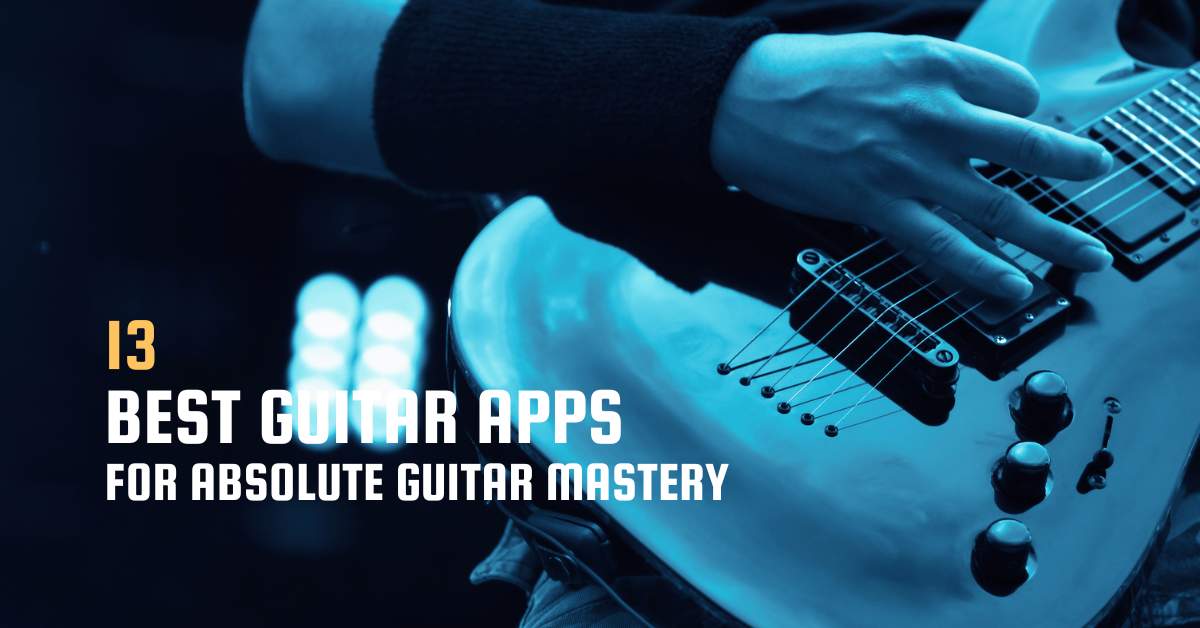The best Guitar app is one that helps you improve a specific technique or knowledge in your repertoire.
The sheer number of apps available on the internet can get pretty confusing. And not all apps deliver on their promises.
After trying more than 40 apps over the past 5 years, I’ve pared down my choice of the best guitar apps to 13. These apps have considerably helped improve my guitar skills over time and I am sure you will find them useful too.
As mentioned earlier, each app specializes in helping you work on a specific skill. However, there may be some overlap in features among apps but mostly each app mentioned below is unique in its feature set.
Having said that, there are alternatives to these apps and if you know one, do share them with the rest of us in the comments below.
Let’s dig in!
Contents
- 1 Listen to Music, Everyday [Spotify]
- 2 Time Your Practice [Timer]
- 3 Keep Your Guitar In Tune [Fender Tuner]
- 4 Practice Your Time [Pro Metronome]
- 5 Take It Slow [Music Speed Changer]
- 6 Rhythm ‘IS’ Music [Complete Rhythm Trainer]
- 7 Learn Complete Songs [Ultimate Guitar]
- 8 Train Your Ear [Functional Ear Trainer]
- 9 When You Don’t Have a Jam Buddy [Guitar Jam Tracks]
- 10 Make Friends With The Fretboard [Guitar Note Trainer]
- 11 Learn To Read Music [Complete Music Reading Trainer]
- 12 Write Your Music [Musescore]
- 13 Music Theory Works [Music Theory Companion]
- 14 The Right App For You
Listen to Music, Everyday [Spotify]
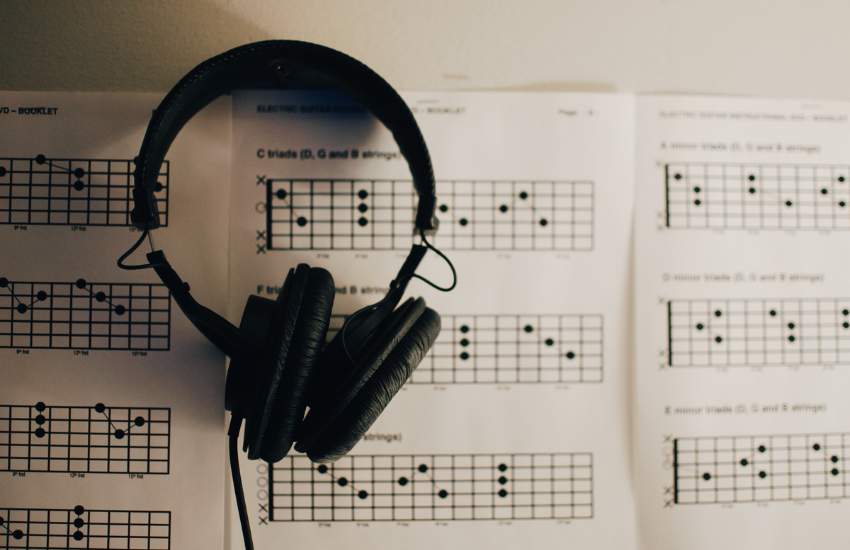
Music is a language and we humans learn languages by listening.
Remember how you learnt to speak your native language?
We may spend hours perfecting your guitar chops but in the end what matters is our musicality. And the best way to improve our musical mind is by listening to more music, everyday.
If you want to learn to play the blues, listen to blues. And as you grow, listen to music in other genres and even other cultures too.
And this is where technology is a boon. Apps such as Spotify help us put the access to music from all over the world, at our fingertips.
With Spotify you can not only listen to the music you love but also discover new artists and their music.
Another reason I like Spotify is I can access high quality backing tracks in every genre, tempo, mode and key. This is great if, like me, you’re into soloing.
Time Your Practice [Timer]
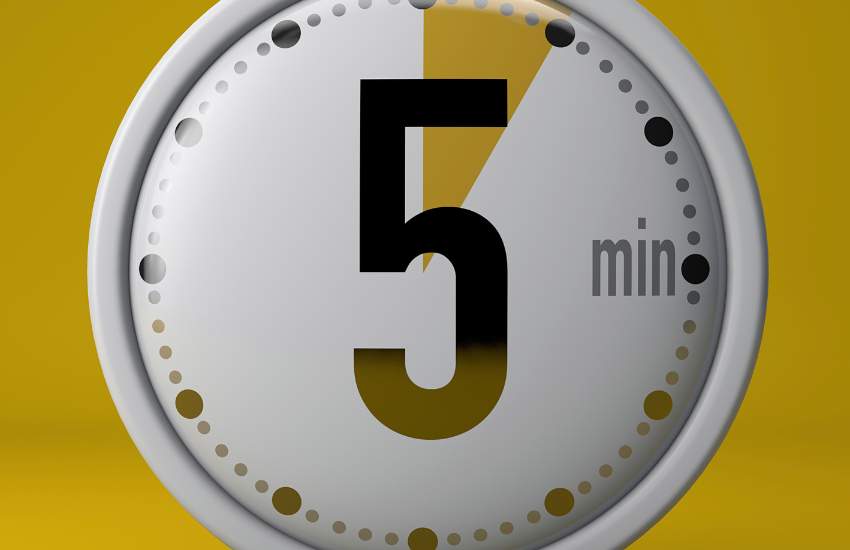
No matter how much I wish, I don’t have all day to practice guitar. Life always has other plans every morning.
So if you have a limited time on hand and a lot to do, you better learn to time your practice.
A timer will teach you the importance of five minutes. If you’re in doubt, try playing barre chords for a full 5 minutes.
Learning guitar is a lifetime commitment. And as your guitar skills grow, so will the syllabus you need to cover.
There’s chords, rhythm guitar, scales, technique, songs and so much more.
You don’t need anything fancy. The free timer app on Google search or the one on your phone will do.
A timed 20 minute daily practice will take your Guitar skills farther than you can imagine.
Keep Your Guitar In Tune [Fender Tuner]
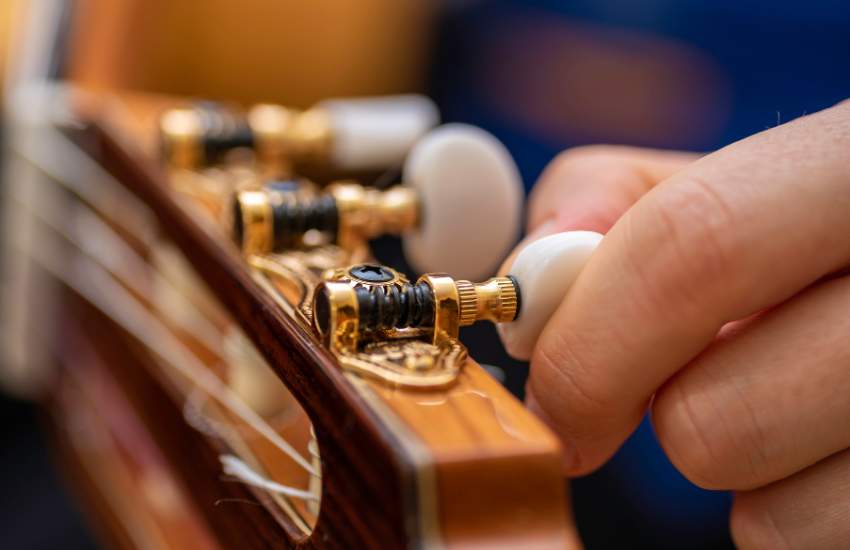
Tuning is the first essential skill every guitarist learns. Tuning your guitar is the foundation in training your ear to identify a note, pitch and interval.
I started by using the Fender Guitar Tuner. It’s free and helps you tune all types of Guitars – Acoustic, Electric, Ukulele or Bass.
It has 3 tuning modes – auto, manual and chromatic for you to choose from.
For beginners, the auto tune will suffice.
You also get 26 preset tuning available such as Drop D, Open G, Open D etc to tune your guitar to a specific pitch.
Fender also has a dedicated page on its website which includes an online tuner and useful content related to tuning different instruments.
With time you’ll develop the ear to tune your Guitar without the help of a tuner. But in the beginning a good tuner or a tuning app is a must-have.
Practice Your Time [Pro Metronome]
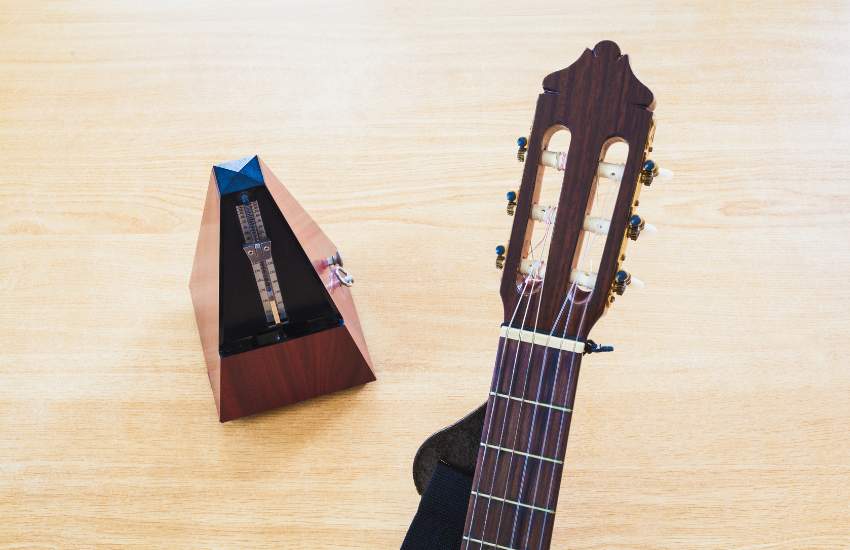
Rhythm is the essence of music. And rhythm depends on timing. It’s the skill of playing right on the beat.
The ability to play an instrument right on the beat is a ‘non-negotiable’ skill for every musician. And a metronome is the right tool for that.
The Pro Metronome app is great if you don’t already have one.
The free version has access to all the features you’ll ever need.
You can set the tempo to your desired BPM (beats per minute), change the click sound if you need to and start.
It also offers an inbuilt timer presets for 5, 10, 20 minutes to keep track of your practice session.
The pro version offers advanced features such as incremental tempo change, subdivisions for complex rhythmic patterns and a BPM calculator.
My favorite feature in the app is the Rhythm Trainer. It mutes every alternate bar to help you gauge your picking accuracy.
For most, the free version should suffice for a long time to come.
If you wish to turn the sounds on your Guitar into music, start practicing with a metronome right away.
Take It Slow [Music Speed Changer]
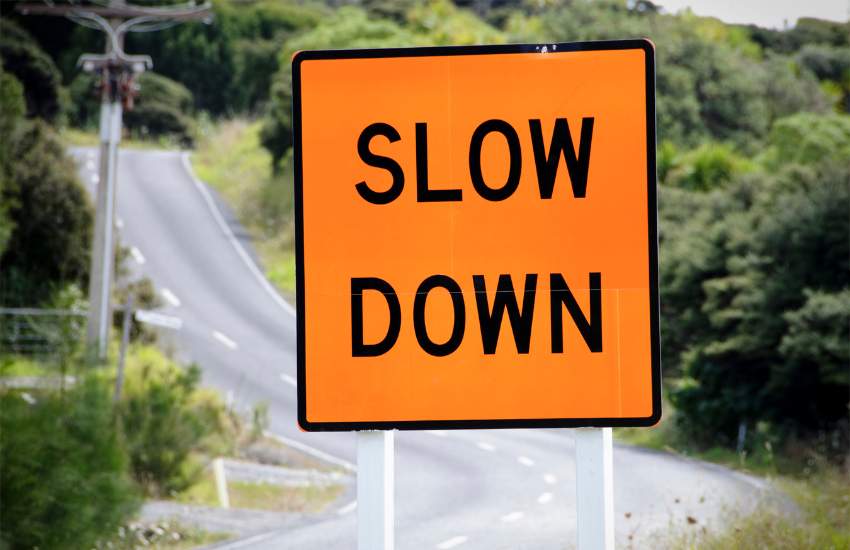
“The key to learning any riff, solo or a song is to learn the piece in chunks and learn by playing it slow. There is no other way.”
Tommy Emmanuel
The most common advise you’ll hear from guitarists devoted to their craft.
The ability to slow down the tempo of a song has been a game changer in my guitar playing journey. Music Speed Changer has been my go-to app for over 3 years now.
The app editor includes track editing components such as pitch, tempo, BPM that you can edit if needed. It also tells you the key of the track that is playing.
Though I love using the Looper as well. The Looper allows you to edit, loop and save a section of a song. This helps me isolate a section of a song that needs more work.
Rhythm ‘IS’ Music [Complete Rhythm Trainer]
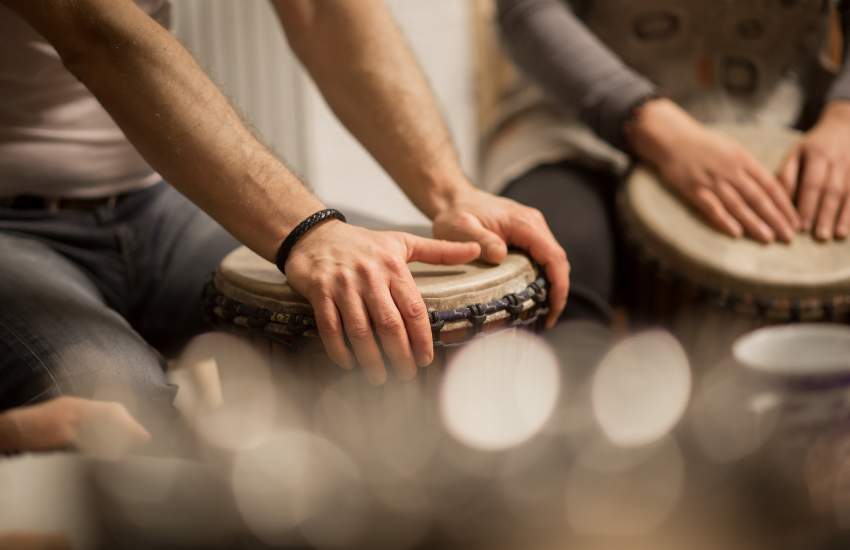
Whether you wish to be a rhythm, lead or bass guitarist you’ll need to understand rhythm. Without rhythm there’s no music.
Practicing with a metronome is the first step to understanding rhythm and sets you on the right path. But rhythm goes beyond playing in time. Besides knowing what to play, learning rhythm teaches you when to play and when to stop.
Here’s an excellent example of the importance of understanding rhythm in music. Although shown on a piano, it applies to guitarists as well.
The Complete Rhythm Trainer is an excellent app for practicing and learning to read rhythm.
You may start with the free version that includes basic rhythm reading drills. Signup for paid version for advanced drills.
The paid version offers 252 different drills over 4 levels. Drills are grouped into different types such as Rhythm Imitation, Rhythm Reading, Rhythm Dictations, Two-voice Reading and Two-voice Dictations.
Rhythm training has improved my understanding of eighth and sixteenth note picking and strumming patterns. I’m sure it’ll help you too.
Regular 5-10 mins of rhythm training will take your guitar skills at a different level.
Learn Complete Songs [Ultimate Guitar]
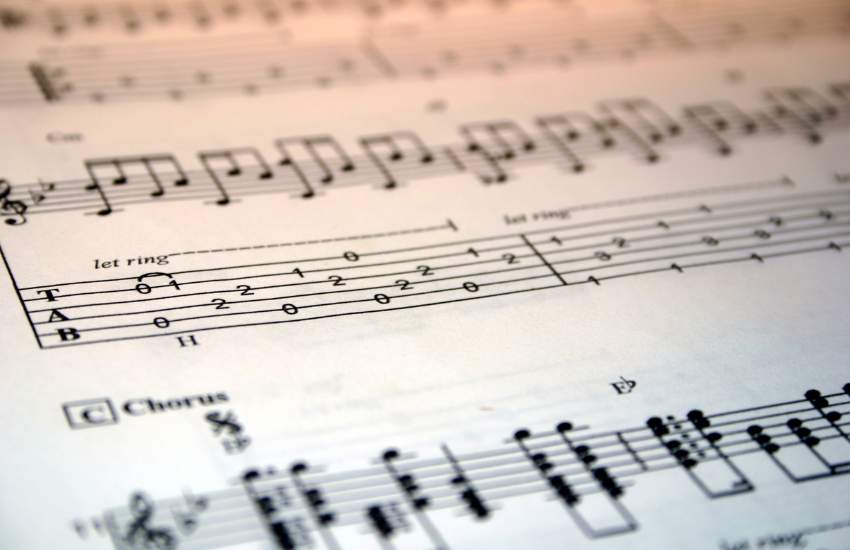
I was on top of the world the day I learned the riff from Nirvana’s Come As You Are.
And that is all I wanted to do – learn the riffs and chords of my favorite songs.
But as I grew as a guitarist I learned the importance of learning an entire song – at least the guitar parts.
Learning a complete song including chords and lead parts helps understand music better.
I’ll be surprised if you’ve been playing Guitar for a while but haven’t heard of Ultimate Guitar.
Ultimate Guitar is the go-to app for accessing tabs of all your favorite songs.
The free version gives you access to tabs uploaded and shared by your peers.
You have access to chord sheets and tabs of millions of songs uploaded by other guitarists.
With the free version be sure to check the star rating of a tab or chord sheet – the higher the better.
Signing up with the website should give you access to the official version of tabs. The official tabs are those transcribed by Ultimate Guitar’s in-house experts, and are fairly accurate.
The paid version also offers features to access different guitar parts, in-built metronome, tempo changer, backing track, ability to print tab and chord sheets.
You can also loop sections of the tab that you feel you need to practice more.
If you’ve picked up the guitar to learn songs, then Ultimate Guitar is a good add-on to your app collection.
Train Your Ear [Functional Ear Trainer]

The most ignored yet the absolute must have skill if you wish to go beyond playing cowboy chords is Ear Training.
Without a good ear, you’ll struggle to hear music the way musicians do. You’ll struggle to translate sounds inside your head into music onto your guitar. And finally, you’ll struggle to play songs by ear and will always be at the mercy of tabs and chord sheets.
Functional Ear Training App is one of the most popular apps among students of music for ear training.
The app helps learners recognize scale tones in the context of a musical key by listening.
The drills begin with Major Scale in the key of C and once you start recognizing scale tones in the key of C, you’ll magically get it right in all other keys as well!
The app is simple, intuitive and free. You can buy the paid version to access advanced drills and instruments. But the free version should suffice for most guitarists.
When You Don’t Have a Jam Buddy [Guitar Jam Tracks]

As much as I’d like to play with a band, no one I know in my social circle is a musician so I’m all on my own when it comes to practicing my solos.
And practicing scales up and down everyday is boring. I wanted my practice to have some fun element that allows me to break free and just play guitar over music.
I’ve been using the Guitar Jam Tracks app for honing my soloing skills over a variety of backing tracks.
The app lets you filter track listing by key, mode, style or tempo. It’ll also show you the scale chart as well as the chord progression of the chosen backing track.
Unfortunately the app is not free. However, the paid version will its features and collection of jam tracks makes up for the price. It gives you access over 700 backing tracks in over 30 different styles, modes and genres for you to choose from.
The pro version includes features such as tempo change, metronome and microphone for recording your guitar over a backing track.
For lead guitarists, improvisation is an essential skill. And I hope you’ll practice to your heart’s content with Guitar Jam All Styles.
Make Friends With The Fretboard [Guitar Note Trainer]
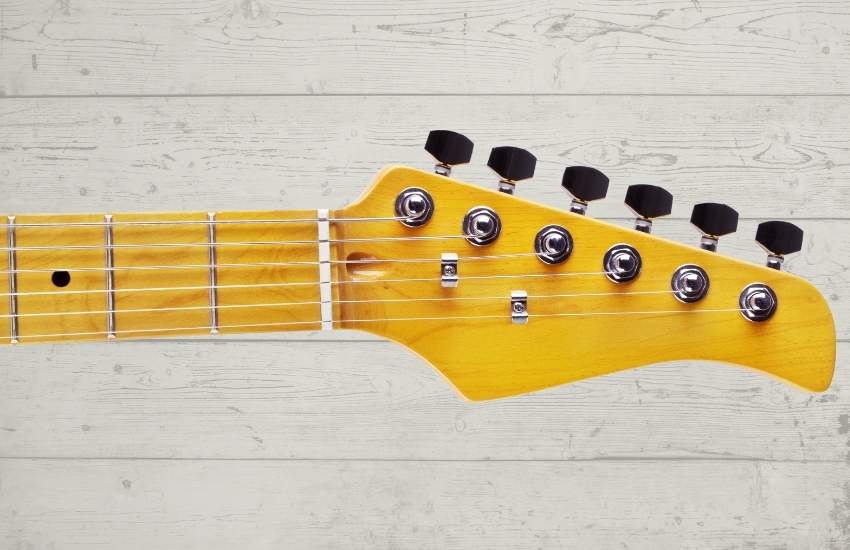
A beginner guitarist can play the C Major chord in the first 3 frets in an open position. A pro can play the same chord all over the fretboard.
Fretboard knowledge is key if you want to set yourself free and play rhythms or solos all over the neck.
Besides, other musicians will take you seriously 🙂
Personally, I feel memorizing notes on the guitar fretboard is best done on the Guitar. An app can supplement and probably speed up your learning.
I suggest you start by including a structured routine such as the one shared below by Tommaso Zillio for learning notes on the entire fretboard.
If you wish to continue your practice when away from guitar you may consider trying JustinGuitar’s Guitar Note Trainer.
Justin’s Guitar Note Trainer (paid version only) is probably the best app out there that’ll help speed up your note memorizing.
The app has 4 learning modes and each mode takes a different approach to memorizing notes on the fretboard.
Each game is timed and comes with a scorecard that you can keep track of. You can also customize each learning mode such as type of notes (half/whole), string selection etc.
Practice this regularly, if you wish to do more with guitar besides strumming a few chords.
Learn To Read Music [Complete Music Reading Trainer]

The ability to read sheet music isn’t an essential skill for most guitarists.
The need for sight reading depends on your goal as a guitarist. For example, if you’re a campfire performer or even a singer/songwriter, you’ll do fine if you can’t read music.
Even soloing and improvising doesn’t really need sight reading skills.
You’ll need to work on your sight reading skills if your goal is to transition into classical, Jazz Standard etc. Sight reading skills are pretty much vital for session guitarists too.
The Complete Music Reading Trainer app is an excellent resource to start with the basics.
The free version is good enough for beginner level exercises. The paid version offers 270 progressive drills over 3 levels covering all 7 clefs.
If you’re into lead playing start on the treble clef.
You can either play on your mobile device, tablet or even connect a MIDI controller if you wish.
Write Your Music [Musescore]

One of the reasons I learned to write tabs is to keep a record of my own creative work. Imagine coming up with a musical idea or a lick, not writing it down and later forgetting what you had thought of!
Writing tabs is also an essential skill if you wish to transcribe your favorite solos.
There are three music notations in use today – standard notations, tablature and chord boxes.
A guitarist’s primary tool for writing music is the tablature. And the best tool for noting down your favorite lick is a blank tablature sheet and pencil.
Using software to create tablatures is useful as it gives a clean, professional look to your work. It also makes it easier to share your work with others, sell to online libraries or students.
Musescore is a free, open-source music writing software, quite popular with guitarists as well as other musicians.
It supports all 3 music writing notations mentioned above and it also supports MIDI input as well as allow for import of files from other software such as GuitarPro and other MusicXML compliant softwares.
If you wish to transcribe music, it’s a good idea to invest in a Music Writing App.
Music Theory Works [Music Theory Companion]
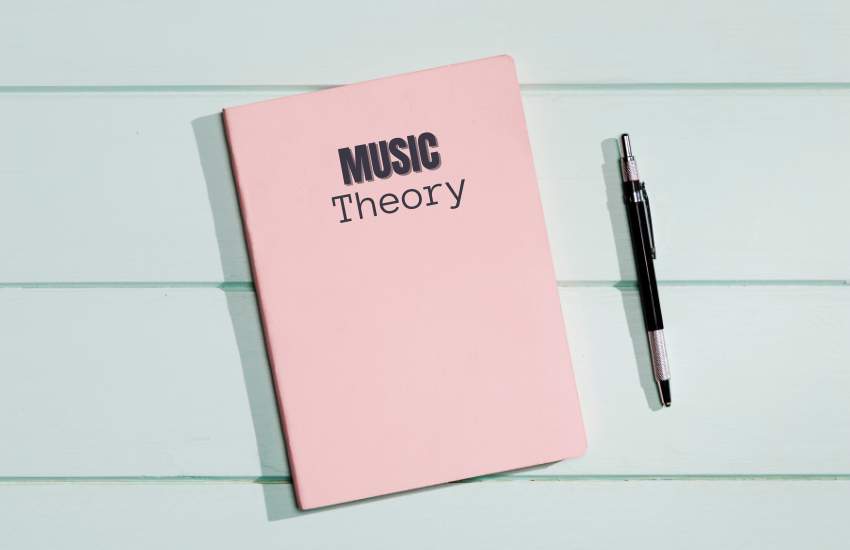
I love music theory. Time spent learning theory has helped me better understand the guitar.
An app is probably not the best way to learn music theory. It’s much better to invest in a few good books or an online course that you like.
But an app can be a good reference at times when you need to recall a theory idea or wish to look up a concept.
One such app I’ve really enjoyed using is Music Theory Companion.
The app does what it says – it is a quick reference for all things theory that you may need while composing, improvisation or songwriting.
A neat tile based navigation allows you to select scales and find matching chords or vice versa. There’s also a circle of fifth tool to find different related scales on any selected key/root.
It also includes a comprehensive chord library as well as a music interval ear training module.
Besides you also get a pitch detector for scale practice, an in-built metronome, music theory symbol library and a fairly comprehensive collection of music theory material.
Overall an excellent resource for quick reference on matters related to music theory.
The Right App For You
I hope you’ve found the list useful and discovered at least a couple of apps that can help you improve on a specific area in your own journey as a guitarist.
This list of 13 best guitar apps is a guide to help you find the best app that you think you may need.
Ultimately you know what’s best for you. And if you’ve been using an app that deserves a mention here, like I said earlier, do let us know.


